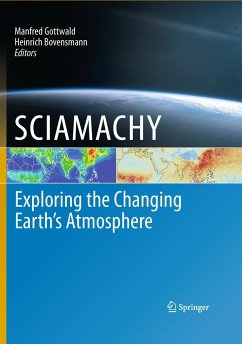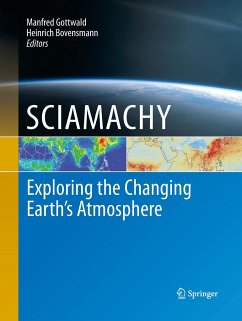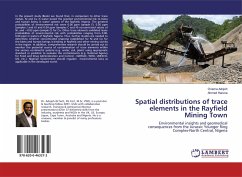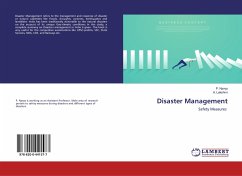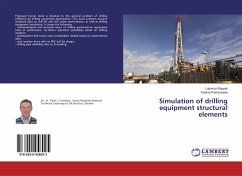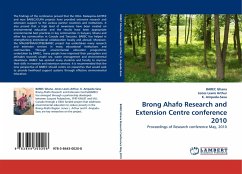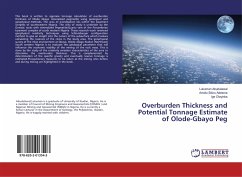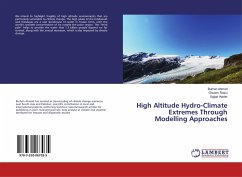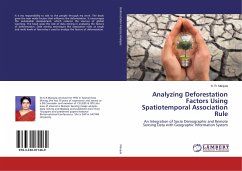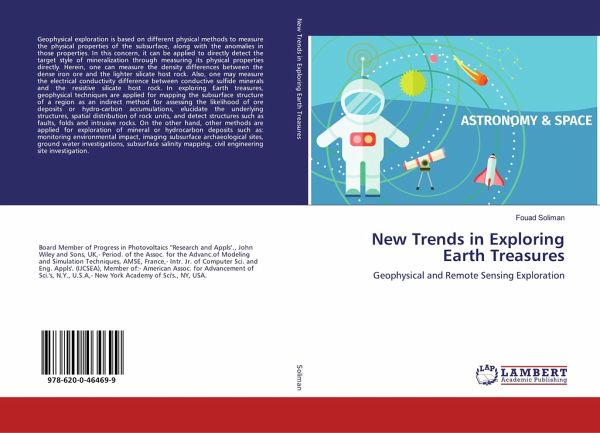
New Trends in Exploring Earth Treasures
Geophysical and Remote Sensing Exploration
Versandkostenfrei!
Versandfertig in 1-2 Wochen
41,99 €
inkl. MwSt.

PAYBACK Punkte
21 °P sammeln!
Geophysical exploration is based on different physical methods to measure the physical properties of the subsurface, along with the anomalies in those properties. In this concern, it can be applied to directly detect the target style of mineralization through measuring its physical properties directly. Herein, one can measure the density differences between the dense iron ore and the lighter silicate host rock. Also, one may measure the electrical conductivity difference between conductive sulfide minerals and the resistive silicate host rock. In exploring Earth treasures, geophysical techniqu...
Geophysical exploration is based on different physical methods to measure the physical properties of the subsurface, along with the anomalies in those properties. In this concern, it can be applied to directly detect the target style of mineralization through measuring its physical properties directly. Herein, one can measure the density differences between the dense iron ore and the lighter silicate host rock. Also, one may measure the electrical conductivity difference between conductive sulfide minerals and the resistive silicate host rock. In exploring Earth treasures, geophysical techniques are applied for mapping the subsurface structure of a region as an indirect method for assessing the likelihood of ore deposits or hydro-carbon accumulations, elucidate the underlying structures, spatial distribution of rock units, and detect structures such as faults, folds and intrusive rocks. On the other hand, other methods are applied for exploration of mineral or hydrocarbon deposits such as: monitoring environmental impact, imaging subsurface archaeological sites, ground water investigations, subsurface salinity mapping, civil engineering site investigation.



